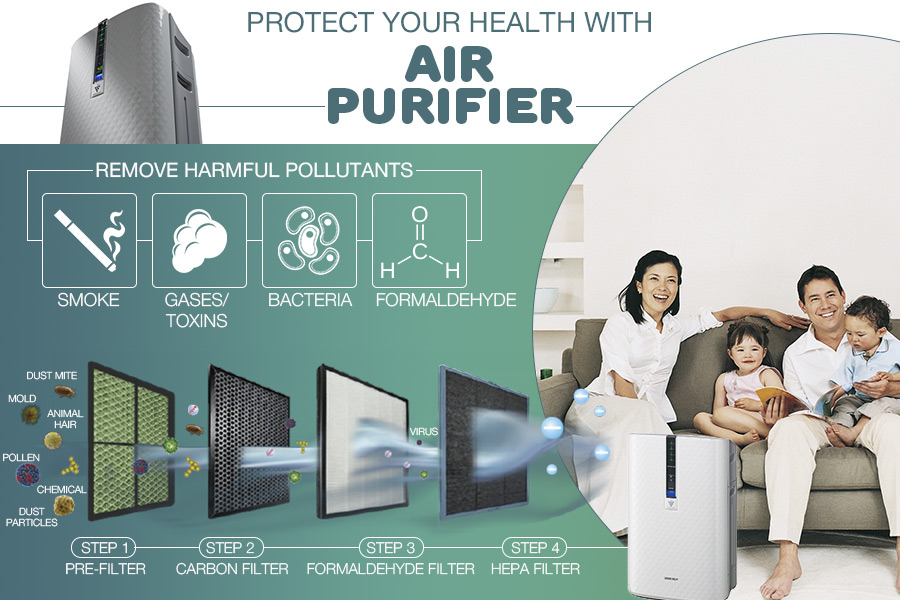Heat Pump Vs Heater - Which Is The Better Home Heating Alternative For Your Home?
Heat Pump Vs Heater - Which Is The Better Home Heating Alternative For Your Home?
Blog Article
Short Article Created By-Ashworth Sims
Lots of home owners recognize with heating systems, which warmth homes with oil or natural gas and press hot air with ductwork. They are relatively economical and can give reliable home heating even throughout a winter power failure.
However, they make use of fossil fuels and produce carbon monoxide and other air contamination. They also aren't as energy-efficient as a high-efficiency heat pump.
learn this here now , heatpump are much more inexpensive to operate than furnaces. They normally use electrical energy and cooling agent to extract warmth from outdoor air, and then transfer it right into your home. You can make the most of more affordable electrical power rates during off-peak hours to further decrease your heating prices.
Unlike heatpump, gas or wood-burning furnaces utilize burning to create warmth, giving off flue gases into the ambience that can be harmful to your wellness. These heating systems are also less energy-efficient than heatpump, and their higher operating expense can build up gradually.
Furnaces are extra complicated than heatpump and need normal upkeep to make certain the proper feature of all parts. Despite this, they tend to last longer than heatpump with a regular life expectancy of 20 years or more. Nonetheless, you'll require to consider the price of gas, fuel oil or timber and the additional equipment required for setup and operation such as ducts and air flow systems.
Power Performance
Heat pumps have a higher energy effectiveness rating than heaters. These systems use electricity to scavenge warmth from the air, also in freezing temperature levels. They can likewise get rid of excess heat from the home during warmer months and reuse it to cool the system. Carrier experts can help you establish the very best design for your home based on environment and source energy prices.
Heating systems melt gas oil, gas, gas or other types of fossil fuel to warm the air in the home. This air is after that distributed via ductwork using a big follower. Furnaces produce greenhouse gases and require routine maintenance and equipment upgrades to guarantee risk-free procedure.
The biggest advantage of a heating system is that it can be run also in rough winter season problems since it does not rely on exterior temperatures to warm up the air. Heating systems also have a longer life expectancy than heat pumps and commonly last 15 years. They can also be coupled with dual gas choices, which choose one of the most effective heating choice based on the weather condition.
Climate
Heat pumps work well in moderate environments and utilize less source energy than furnaces. However, if your area is exceptionally chilly, you might need to purchase a conventional gas heating system rather.
Furnaces give cozy, comfortable warm and generally supply quick heating to increase interior temperatures. These systems can be made use of with a variety of fuel types, consisting of gas, propane, oil or electrical energy.
They consume much more energy than heatpump-- as much as 3x as much-- and need ductwork that's costly to install or retrofit. They're also much more pricey to preserve, as they can trigger air quality problems and generate greenhouse gas exhausts.
If you're devoted to lowering your carbon impact, a heat pump is a great option for your home. They have less greenhouse gas emissions than heaters, particularly if you select an ENERGY STAR ® heat pump. Your local Service provider professional can describe the distinctions between these 2 furnace and help you make the best choice for your special requirements.
Personal Preferences
Furnaces can be really power reliable when powered by gas, propane or oil, yet they aren't as energy reliable as heat pumps in cold climates. They can additionally be much more costly to mount, calling for gas lines and ventilation systems.
Nevertheless, heaters often tend to need less maintenance, which can cause reduced continuous expenses. They create less greenhouse gases and are more trusted than heat pumps throughout extreme climate.
Electric heat pumps are much more functional in producing interior comfort due to the fact that they can also work as ac system during warmer months. They can be more convenient to keep, calling for just normal air filter changes and occasional vacuuming.
If you like the benefit of a single system that does it all, consider a crossbreed home heating solution that sets a heater with an electric heatpump. These systems can instantly switch in between the two heating choices based on your home's demands and temperature level conditions, making best use of performance and savings.